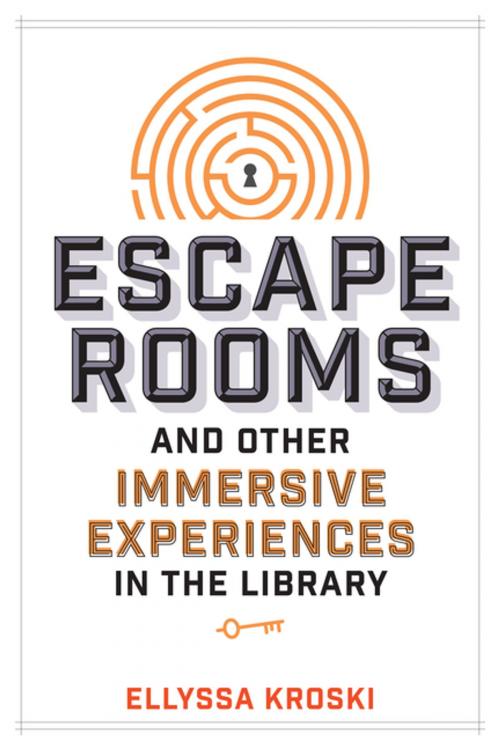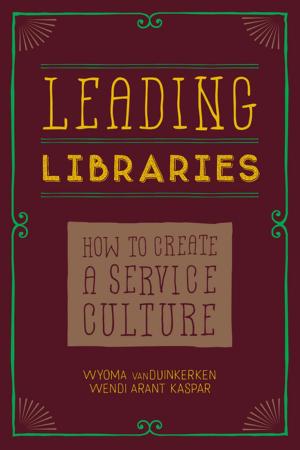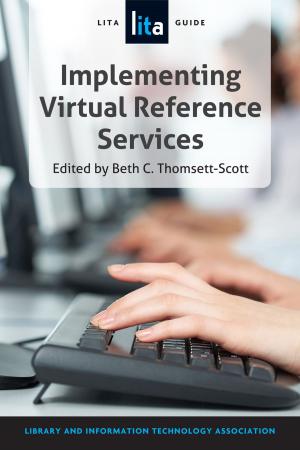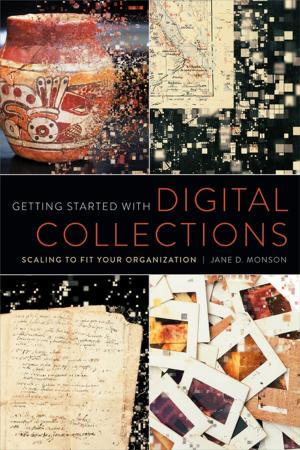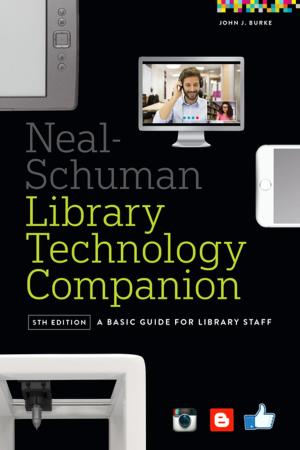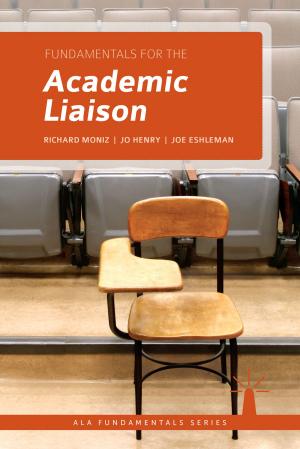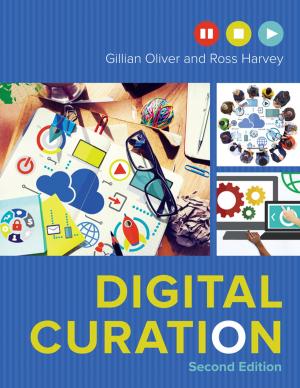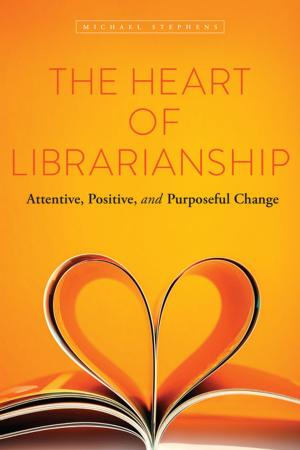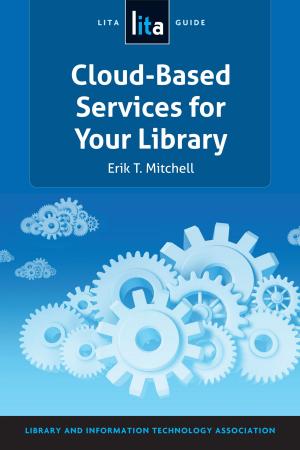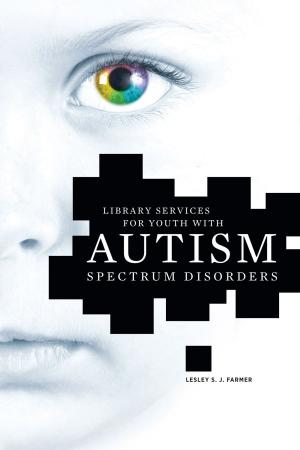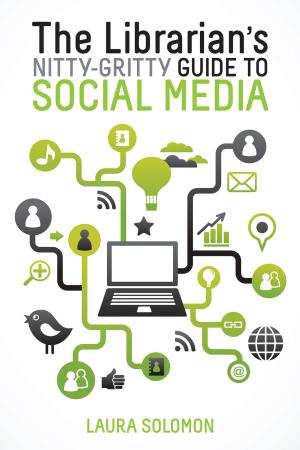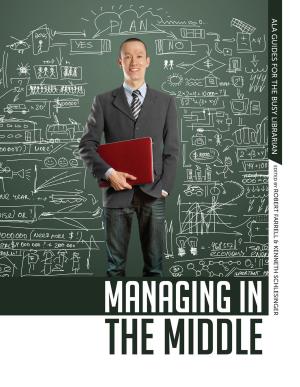Escape Rooms and Other Immersive Experiences in the Library
Nonfiction, Reference & Language, Language Arts, Library & Information Services, Reference| Author: | Ellyssa Kroski | ISBN: | 9780838917893 |
| Publisher: | American Library Association | Publication: | October 15, 2018 |
| Imprint: | ALA Editions | Language: | English |
| Author: | Ellyssa Kroski |
| ISBN: | 9780838917893 |
| Publisher: | American Library Association |
| Publication: | October 15, 2018 |
| Imprint: | ALA Editions |
| Language: | English |
By one count, there are more than 7,200 escape room environments in 1,445 cities in 105 countries. So why not in libraries? Sharpening participants’ problem solving and collaboration skills by mashing up real-time adventure, immersive theater, gaming, and old-fashioned entertainment, they’re a natural for libraries. And, as Kroski demonstrates in this fun guide, they’re feasible for a range of audiences and library budgets. Whether you’re already an escape room aficionado who’s eager to replicate the experience at your own institution, or an intrigued novice looking for ways to enliven your programing, Kroski has got you covered. This book discusses the differences between escape rooms, which are highly structured, and immersive experiences, which are more casual; shows how these unique experiences can be used to teach information literacy skills, add unique youth programming, bring adults into the library, and instruct patrons about library resources in the form of puzzles and challenges; profiles several successful library projects, from large scale programs like New York Public Libraries’ Find the Future: The Game to smaller ones like Search for Alexander Hamilton; offers dozens of programming ideas and examples that can be tailored to fit a variety of libraries and budgets; and provides information on game kits available for purchase, tips for partnering with local Escape Room businesses, and links to additional resources. With the assistance of Kroski’s guide, libraries everywhere can offer their own take on these exciting forms of entertainment, engagement, and education.
By one count, there are more than 7,200 escape room environments in 1,445 cities in 105 countries. So why not in libraries? Sharpening participants’ problem solving and collaboration skills by mashing up real-time adventure, immersive theater, gaming, and old-fashioned entertainment, they’re a natural for libraries. And, as Kroski demonstrates in this fun guide, they’re feasible for a range of audiences and library budgets. Whether you’re already an escape room aficionado who’s eager to replicate the experience at your own institution, or an intrigued novice looking for ways to enliven your programing, Kroski has got you covered. This book discusses the differences between escape rooms, which are highly structured, and immersive experiences, which are more casual; shows how these unique experiences can be used to teach information literacy skills, add unique youth programming, bring adults into the library, and instruct patrons about library resources in the form of puzzles and challenges; profiles several successful library projects, from large scale programs like New York Public Libraries’ Find the Future: The Game to smaller ones like Search for Alexander Hamilton; offers dozens of programming ideas and examples that can be tailored to fit a variety of libraries and budgets; and provides information on game kits available for purchase, tips for partnering with local Escape Room businesses, and links to additional resources. With the assistance of Kroski’s guide, libraries everywhere can offer their own take on these exciting forms of entertainment, engagement, and education.
